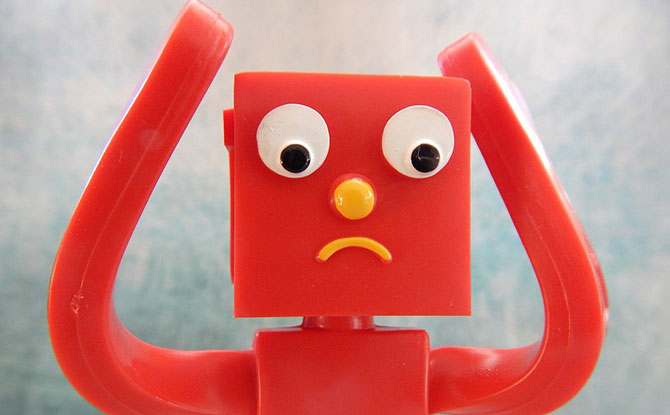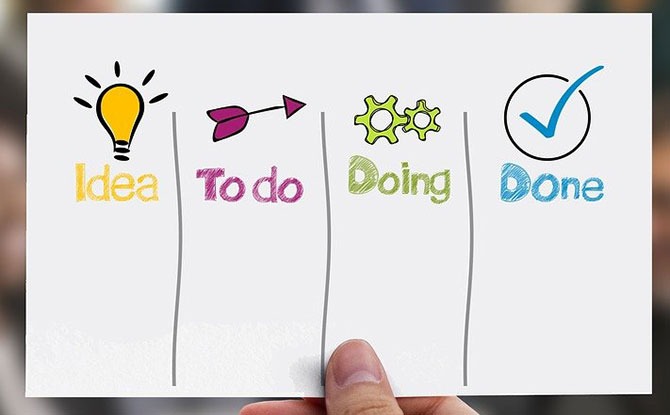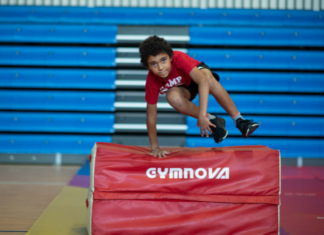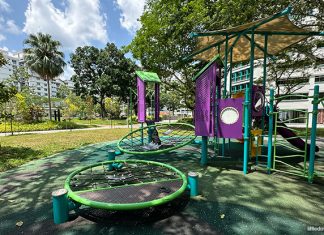
For some children, mistakes might be really hard to accept. They might also be easily frustrated when things don’t go to plan, or feel very stressed up when they fail at a challenging task. How should parents address this perfectionism?
As parents, we can empower our children to be more confident, develop self-esteem and be more willing to try, learn from mistakes. Here are three tips to help your perfectionist child cope with mistakes and challenges.
Helping Your Perfectionist Child
1. Acknowledge your child’s stress and frustrations
It is not easy when facing difficult tasks and when things don’t go according to plan. Even adults find it hard to cope. Similarly for your child who is much younger and with a less well-developed frontal lobe, it could be way more stressful. Acknowledge your perfectionist child’s emotions as they struggle, such emotions are helpful to process.
DINO-TASTIC EXHIBITION: Meet a 40m Long Dino Face-to-Face
GIVEAWAY FOR ENEWSLETTER SUBSCRIBERS: LEGO NINJAGO SET
REGISTER EARLY AND SAVE UP TO $400: English Classes for N1 to Secondary
For instance,
“It must be hard and you are finding it difficult.”
“I know you wanted the plan to be the way it was, it must be disappointing.”
After acknowledging your child’s emotions, encourage them to work on alternative plans or different ways of solving the problem. Aside from encouraging them, be there fully present to work on the solutions on the alternative plans. That would help you child feel much better and company always makes it easier.
2. Focus on the Process and Effort rather than Outcome
Sometimes, parents might focus on the outcomes rather than the process. Grades, end results are all easy and tangible measures of success. But success can be redefined in different ways. Instead of measuring it in terms of end results, parents can help the child focus on the process.
Did your child learn something?
Did your child improve in attitude?
Did your child’s skill progress?
Praise for hard work and effort rather than results. Parents should also check their fears, insecurities and self-talk as your unseen thoughts can affect your child. Are we frowning when we see less than ideal results? Is our body language giving us away as our child does not perform according to our expectations?
3. Identify Areas within Control and Out of Control
Help you child identify areas within his or her control. As with life, there are many things that are out of our control. It may be difficult especially when social life is limited in the midst of a pandemic. Children may not see their favourite friends as much, certain sports are limited, classes are also virtual and the difference in plans can be hard to accept.
Make a list of what has not changed, and what we can control. This includes our attitudes, our emotions, staying optimistic, showing love and concern for others. Even though we cannot change our external circumstances, we can learn to cope by controlling what we can manage. This way, your child will learn to manage changes and show resilience in the midst of life’s ups and downs.
No One is Perfect, Expect Imperfections in Ourselves
Imperfections are to be expected, we have to remind ourselves and our children that especially when our expectations get ahead of us. The drive and pursuit of excellence is a great trait, let’s help our perfectionist child to manage their want to succeed but remember to celebrate the successes not easily measured in numbers and end goals.

























